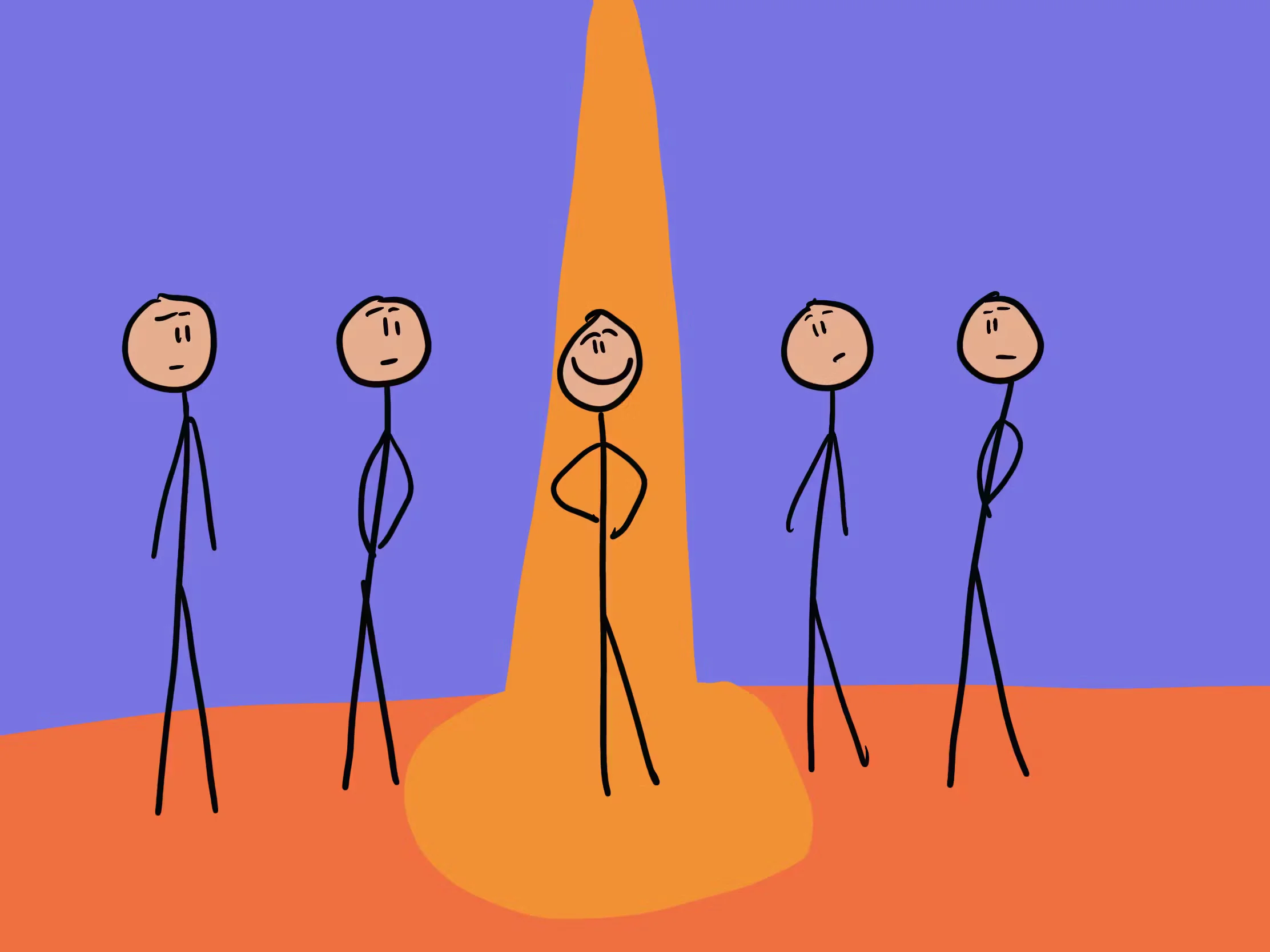Ever catch yourself believing everyone’s staring at you? Whether you’ve spilled coffee on your shirt or stumbled over your words in a meeting, it can feel like the whole world noticed. That uneasy feeling is known as the spotlight effect—the tendency to think people are paying more attention to our actions and appearance than they really are. In reality, most folks are too wrapped up in their own concerns to devote that much energy to scrutinizing us.
Yet this isn’t just a harmless quirk: the spotlight effect can impact our confidence and create unnecessary stress. When we assume everyone’s watching, we might become overly shy, holding back on sharing our ideas or trying new things. We might also develop anxiety, constantly worrying about coming across as awkward or incompetent. Worse still, letting those fears run the show can lead to missed opportunities—like turning down a promising project at work or avoiding social gatherings where meaningful connections might happen.
So, where does the spotlight effect come from? It largely boils down to the fact that each of us is the “main character” in our own narrative. Our thoughts, feelings, and experiences are front and center in our minds. This self-focused perspective can be amplified by worries about acceptance or judgment. When our own mistakes or awkward moments loom large, we assume they also loom large in everyone else’s eyes. Meanwhile, other people are just as occupied with their own issues, rarely giving our supposed blunders more than a passing glance—or no glance at all.
Fortunately, there are ways to loosen the grip of the spotlight effect:
- Adopt a Wider Perspective
When anxiety flares—say, after you trip and spill a drink—stop and think: “Are people truly as fixated on this as I imagine?” The answer is almost always no. This quick mental reset reminds you that while your mishap may feel enormous to you, others have their own concerns competing for their attention. - Focus on Your Values, Not Others’ Opinions
Ask yourself: “Why am I doing this?” If you’re giving a speech, for instance, remember the value you want to bring to your audience. Shifting the focus from yourself to the purpose of your action can calm self-conscious thoughts and reduce fear of judgment. - Practice Self-Compassion
We can be our own worst critics, replaying our “embarrassing” moments over and over. But a small slip-up doesn’t define you. Treat yourself as you would a friend: acknowledge the moment, maybe laugh it off, and move on. Rather than dwelling on perceived flaws, celebrate the little victories—like pushing past nerves to give that speech in the first place. - Take Gradual Risks
If stepping on a big stage is terrifying, start small. Speak up in a smaller meeting, ask a question at a workshop, or introduce yourself to one new person at a gathering. Each step outside your comfort zone chips away at the belief that everyone’s staring and judging. - Challenge Negative Thoughts
When thoughts like “Everyone thinks I’m awkward” or “They’re probably all judging me” arise, ask yourself for evidence. Did someone actually say something negative, or is that just your assumption? Identifying unfounded fears helps you detach from them. - Seek Outside Support When Needed
If the spotlight effect severely impacts your life—causing significant anxiety or hindering personal growth—talking with a therapist or counselor can help. Techniques like Cognitive Behavioral Therapy (CBT) are designed to reframe distorted beliefs and build coping strategies.
Overcoming the spotlight effect doesn’t mean you’ll never feel self-conscious again—it’s natural to care about how others see us. But recognizing this tendency can help us keep our worries in check. Understanding that everyone else is just as busy being the star of their own life can be a huge relief: your small faux pas likely isn’t the main plot twist of someone else’s day. Once you let go of the idea that you’re under constant scrutiny, you free yourself to explore opportunities, connect authentically with others, and enjoy life’s spontaneous, sometimes messy moments without the burden of perceived judgment.

Leave a Reply
You must be logged in to post a comment.